A Life in Music
by Iris Winston
“On a certain stage in a certain country at 8 o’clock at night, I have to walk out on stage and be my absolute best.”
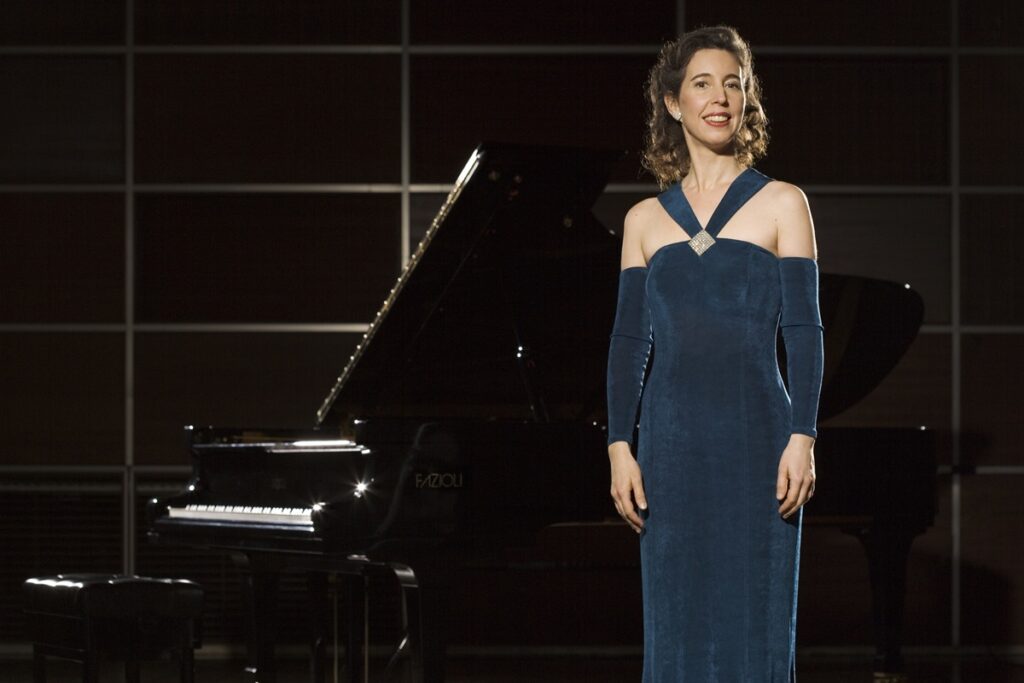
And, according to the multitude of accolades she has received over a stellar career, it seems that Angela Hewitt always gives a memorable performance. One of the world’s top classical pianists and one of the very busiest, she makes that walk to a grand piano at least 100 times a year somewhere around the globe.
Since her first public appearance at the age of four, music has been the focal point of her life. Whether in concert or practising at the piano, conducting, writing liner notes for her CDs, teaching a master class, mentoring emerging artists or organizing a music festival, her life is all about musical achievement.
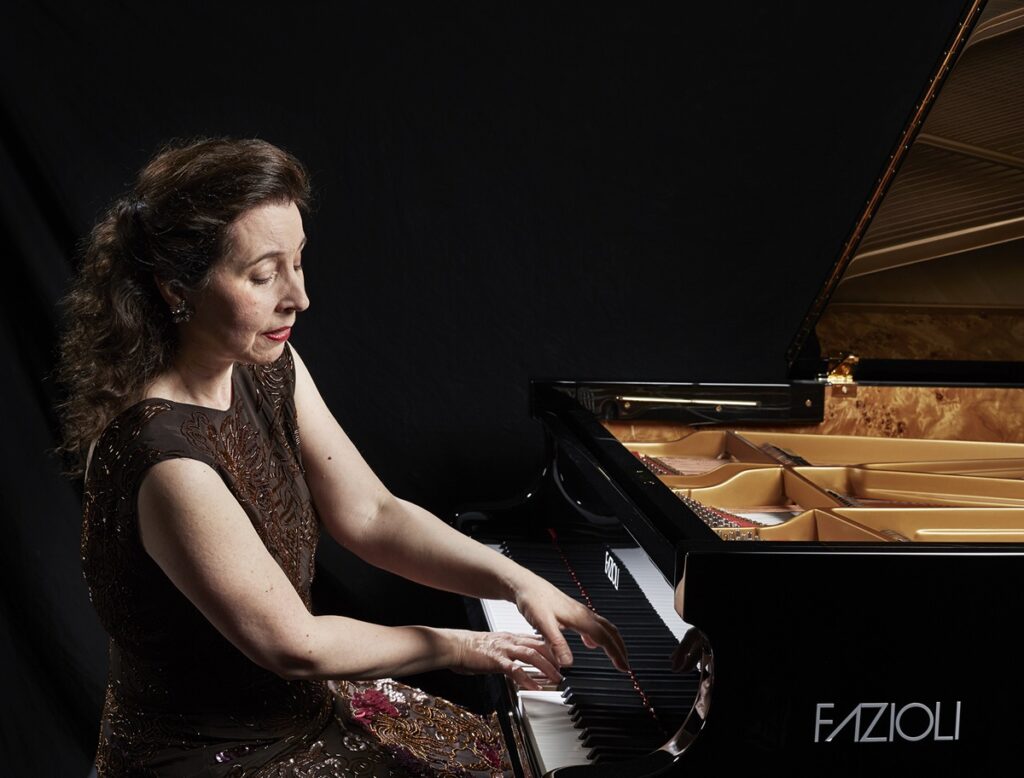
Born into a musical family in Ottawa, Angela has always been surrounded by music. Her father, Godfrey, was choirmaster and conductor at Christ Church Cathedral in Ottawa and her mother, Marion, was a piano teacher. By the time Angela was five, she had won her first scholarship as a pianist and had begun studying the violin, the recorder and ballet.
The piano remained her first love through many years of study, awards and a lengthy career as a recitalist and soloist that has kept her in international demand for more than half a century.
Her calendar is already full up to 2026. She even has some performance dates checked off for three years after that.
“I know where I’ll be on my 70th birthday,” says Angela, who was named to the Order of the British Empire in 1980 and invested as a Companion of the Order of Canada in 2019. “I’ll be playing at Wigmore Hall in London. “That’s where I was on my 60th birthday as well.”
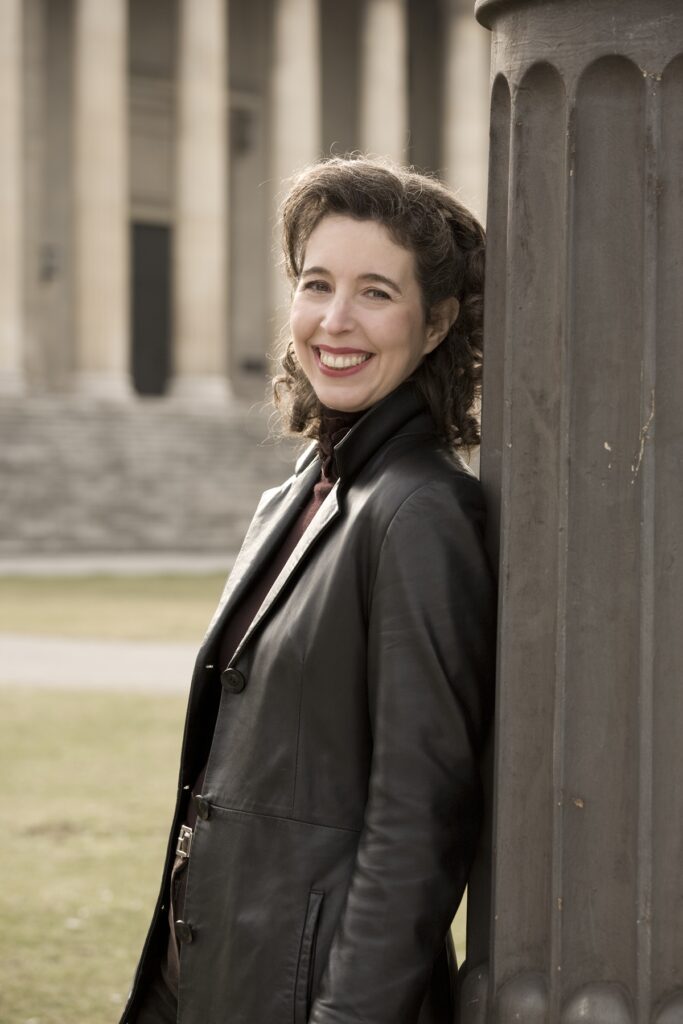
That date answers the question about whether she is considering retirement or even cutting back on her demanding work schedule.
“No, never,” says Angela, now 68. “I want to be like [Arthur} Rubinstein, who went on until he was 92.
“You play differently at different stages in your life,” she points out. “You can master things more quickly and play with greater agility when you’re younger. But, at 65 or more you have experience at being on stage and working with orchestras and that really counts for something.
“Some movements, such as lifting the arm very fast, are harder with age, so there are some pieces that I don’t know if I’ll play again. The physicality is exhausting,” she adds, giving the example of a sonata by Franz Liszt that she recorded “before it was too late.”
Pointing out that the demands of travel are also exhausting, she says, “I have to get myself around the world with 40 kilos of luggage. I’m in airplanes a lot. And just walking around an airport is tiring in itself. I don’t think I’ll be doing it alone by the time I’m 89, even though the effort keeps you in shape. But it’s tough to keep fit all the time, though I do a lot of stretches and massage and look after myself diet-wise. The type of life I have takes a lot of inner strength and experience.”
She gets some of that strength from her listeners, she says. “One of the most important aspects is my connection with my audiences. I feel as though I have family all over the world that sustains me. After every concert, I go out into the foyer to speak to audiences and the socialization means a lot to me.”
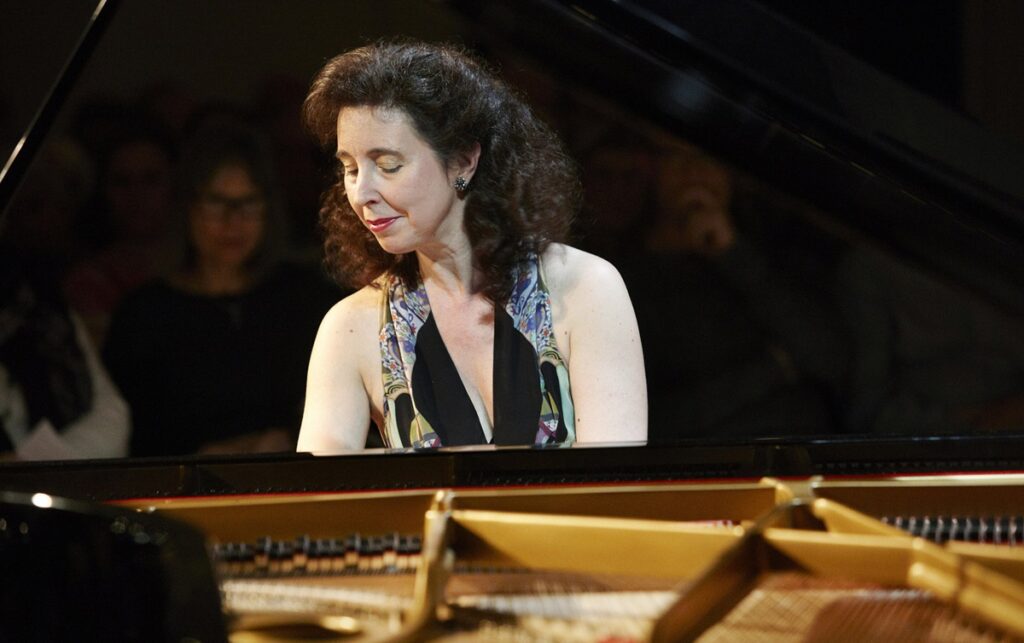
Dealing with the link between age and memory is an ongoing challenge, she notes. Over the years, Angela has performed the complete solo keyboard works of Bach, the 32 sonatas of Beethoven and almost every other piece she has played in public from memory.
“When you’re a young pianist, memory comes almost without thinking,” says Angela who mentors many young pianists, as well as being an ambassador for Ottawa’s Orkidstra. “It’s not difficult for me to keep anything I learned before I was 22 in my head. It’s much more difficult to learn something new or to bring back something I learned in my 40s. I can do it, but it takes longer. I stick with it because I think it’s really important. Memory is a muscle that needs to be used constantly to stay in shape. I urge students to memorize. Too many don’t anymore and I think that’s a big mistake because the time to store knowledge in the brain is when you’re young.
“I still play most pieces from memory. It takes a huge amount of effort. When I memorize now, I have to do it consciously. I can no longer rely on reflex [automatic] memory. I have to concentrate to memorize fingering and everything about a piece. And when I’m playing in public, I have to continue memorizing consciously.”
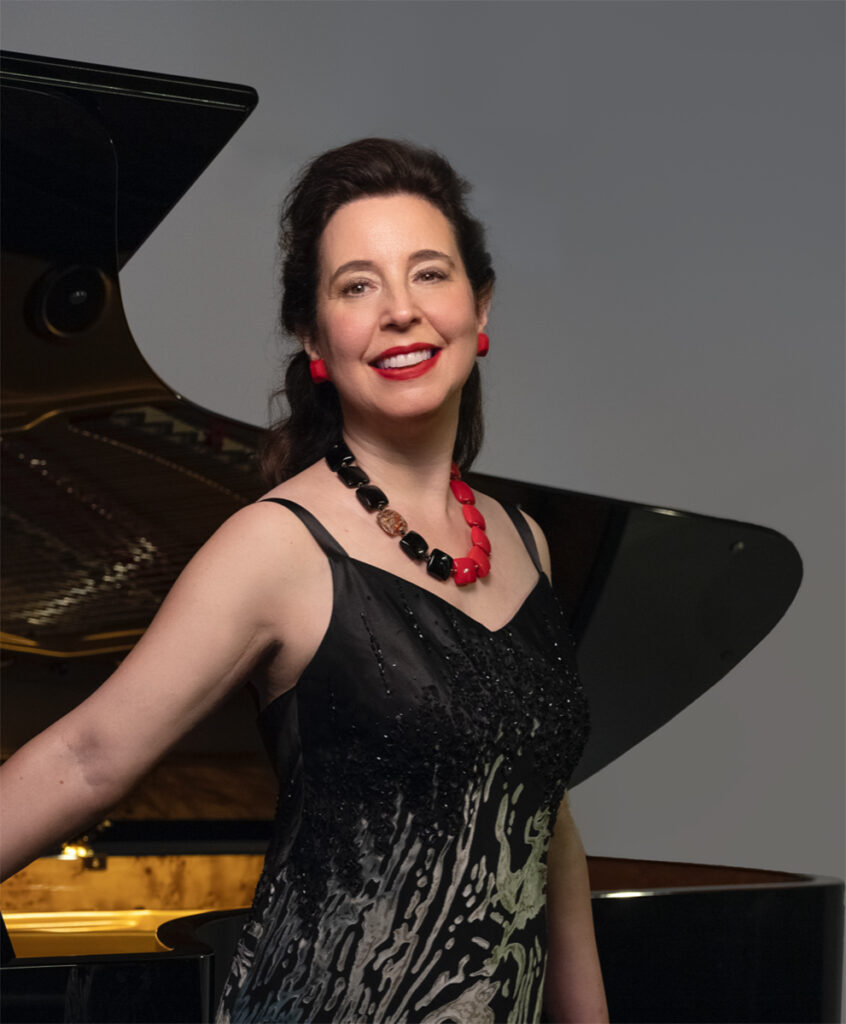
As well as her heavy performance schedule, Angela devotes a considerable amount of time each year to the music festival she founded in Italy two decades ago.
The Trasimeno Music Festival began after she saw a 15th century castle on the shores of Lake Trasimeno in Umbria, close to the villa that she had had built as her home in Italy.
“When I saw that castle on the next hill, I knew that I had to start a music festival there,” she says. “This July will be its 19th year and we have audiences coming from all over the world, including Canada.”
Although organizing the week-long festival as its artistic director creates a massive amount of work throughout the year, Angela, who performs, conducts and gives a master class during the festival, says “the venue is so gorgeous and we have such wonderful attendance, I have to go on. …We have to continue to the 20th year, at least.”
While she spends as much time as she can at her Italian villa, her main base is her condo in London. She also has a condo in Ottawa’s ByWard market, “filled with family things, the same furniture I had when I was born and all the Hewitt memorabilia.”
Among the collection is the Juno award she won in 2013, when her recording of Mozart’s Piano Concertos Nos. 22 & 24 (Hyperion), recorded with the National Arts Centre Orchestra and conducted by Hannu Lintu, was named best classical album of the year.
Upcoming engagements include round-the-world performances touring to Australia, Malaysia and the U.S.
“Probably the most important thing will be performing all of the Mozart piano concertos over the next two and a half years,” says Angela. “I’ve played most of them all my life. But just to play them in a short period is exciting.”
Best of all, she adds, “I have no regrets in my life whatsoever and I still have a great love for what I do.”






